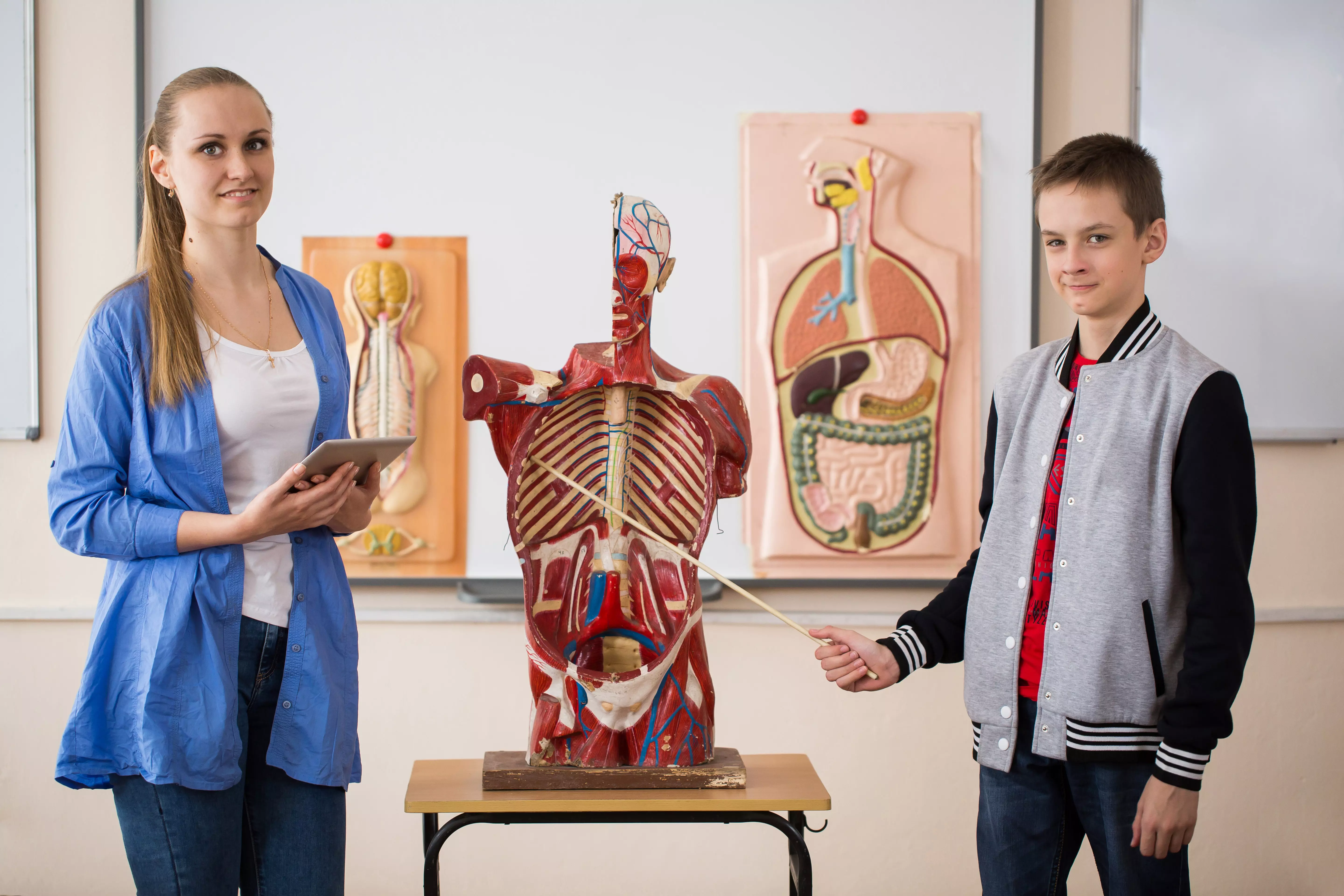Educational tools for schools in the area of colorectal cancer prevention
Introduction to colorectal cancer prevention
Colorectal cancer is one of the most common cancers in the world, and prevention is key in the fight against the condition. Education in this area begins as early as in schools, where young people should be aware of the risks and methods of avoiding them. Educational tools play an extremely important role in providing information that can save lives.
The importance of education in cancer prevention
Education about healthy lifestyles and colorectal cancer risks can make a significant difference in students' awareness. Knowing how diet, physical activity and regular checkups can reduce the risk of the disease is invaluable. Introducing relevant educational programs into schools can increase interest in prevention and health.
It is worth noting that adolescents often ignore the dangers of cancer, focusing on current problems and challenges. Therefore, it is important to use innovative methods of education to attract attention and encourage reflection on health.
Educational tools at the school level
The variety of educational tools available to schools is vast. It is worth considering which ones will be most effective in the context of colorectal cancer prevention. Here are some examples:
Multimedia presentations: The use of slides, videos and graphics can help students learn better. Examples of real-life cases can have a big impact on their awareness.Workshops and lectures: Inviting specialists, such as doctors or nutritionists, to school events can give students a chance to ask questions and get reliable information.Website: Creating a dedicated local school platform on prevention and healthy lifestyles, including colorectal cancer, can engage young people through interactive content and quizzes.
The role of parents in education
Providing students with the tools to learn about colorectal cancer prevention is not only the task of schools, but also of parents. Collaboration between school and home can yield amazing results. Parents can support their children's education by talking to them about health, a healthy diet and the importance of screening.
One example is organizing informational meetings for parents, where healthy lifestyle principles and the importance of early detection of cancer would be discussed. Overcoming fear and taboos about diseases can create a space for open discussion.
Technology as support in education
In the digital age, technology has had a huge impact on the way students acquire knowledge. The use of educational apps and e-learning platforms can significantly increase students' engagement with prevention topics.
Examples of innovative solutions include:
Mobile apps: Students can use apps that systematically remind them of healthy habits, such as regular checkups and healthy eating.Webinars and e-training: The ability to attend online lectures and Q&A sessions with experts makes knowledge more accessible.Educational games: Introducing games that teach about colorectal cancer prevention in an interactive way can capture students' attention and make learning fun.Summary and conclusions
Introducing modern educational tools on colorectal cancer prevention into schools is key to building health awareness among young people. Education in this area is not only a challenge, but also an opportunity to reduce the incidence of cancer.
Parental involvement, the use of technology and collaboration with experts can contribute to a comprehensive education program that is sure to have positive results. The future of health care begins in schools, and proper education can determine the healthy development of the younger generation.
It is worth investing time and resources in prevention so that young people are aware of risks and can make informed decisions about their health. With the right educational tools, we can create not only a better tomorrow, but also a healthier society.
